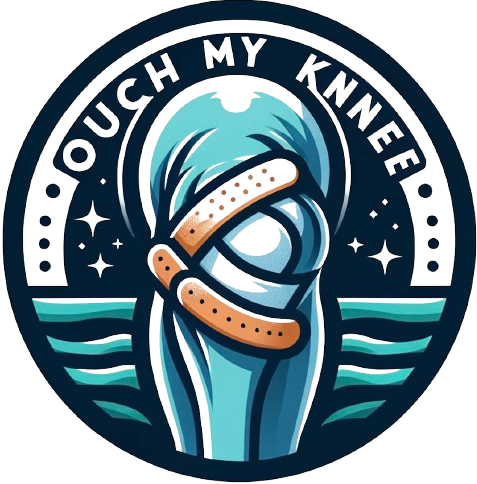Knee pain is a common issue that affects people of all ages. It can result from various factors, including injuries, overuse, or medical conditions such as arthritis. The knee joint is one of the most complex and heavily used joints in the body, making it susceptible to a variety of ailments. Understanding the root cause of knee pain is crucial for effective treatment and management.
One major cause of knee pain is osteoarthritis, a degenerative joint disease that leads to the breakdown of cartilage. This condition is more prevalent in older adults but can also affect younger individuals due to previous injuries or genetic factors. Symptoms of osteoarthritis include pain, swelling, and reduced range of motion. Early diagnosis and appropriate interventions, such as physical therapy and medication, can help manage symptoms and improve quality of life.
Injuries are another leading cause of knee pain. Common knee injuries include ligament tears, such as the anterior cruciate ligament (ACL) injury, meniscus tears, and tendonitis. These injuries are often associated with sports activities and can range from mild to severe. Proper rest, rehabilitation exercises, and sometimes surgical intervention are necessary to ensure full recovery and prevent long-term damage.
Maintaining knee health is essential for preventing pain and injuries. Regular exercise, particularly strength training and flexibility exercises, can help keep the muscles around the knee joint robust and supportive. Additionally, maintaining a healthy weight can reduce the stress on the knees, lowering the risk of degenerative diseases and injuries. Low-impact exercises such as swimming, cycling, and walking are particularly beneficial for individuals experiencing knee pain.
Nutrition also plays a role in knee health. A diet rich in anti-inflammatory foods, such as fruits, vegetables, fish, and nuts, can help reduce inflammation and promote joint health. Omega-3 fatty acids, commonly found in fish oil, have been shown to alleviate symptoms of arthritis and improve joint mobility. Staying hydrated is equally important as it helps maintain the elasticity of cartilage and lubricate the joints.
Lastly, listening to your body and seeking medical advice when experiencing persistent knee pain is crucial. Early intervention can prevent minor issues from developing into more significant problems. Incorporating preventive measures, such as wearing proper footwear, using knee braces during high-impact activities, and avoiding repetitive strain, can go a long way in maintaining knee health and ensuring an active, pain-free lifestyle.
